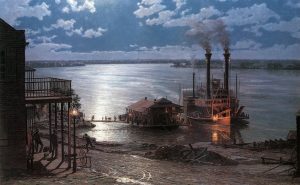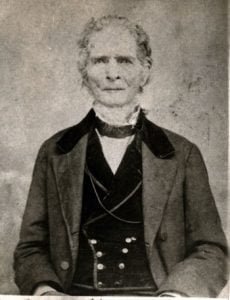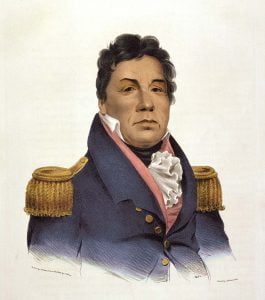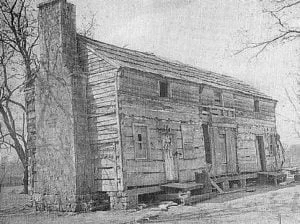Choctaw Homes & Women
They lived in houses made of logs, but very comfortable; not more rude or uncouth, however, than many of the whites even of the present day. Their houses consisted generally of two rooms, both of which were used for every domestic purpose cooking, eating, living and sleeping; nor was their furniture disproportionate with that of the dwelling for the sitting room, a stool or two; for the kitchen, a pot or kettle, two or three tin cups, a large and commodious wooden bowl, and a horn spoon, constituted about the ultimatum t’was all they needed, all they wanted, and with … Read more




